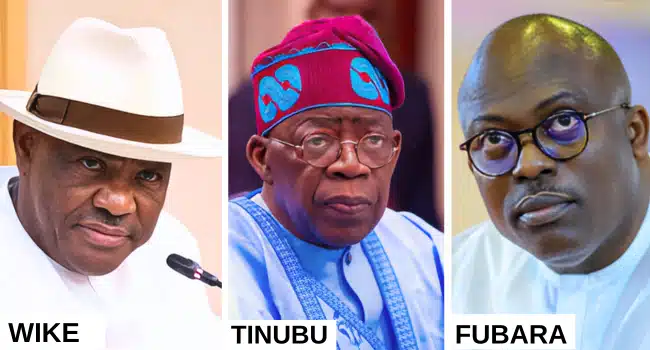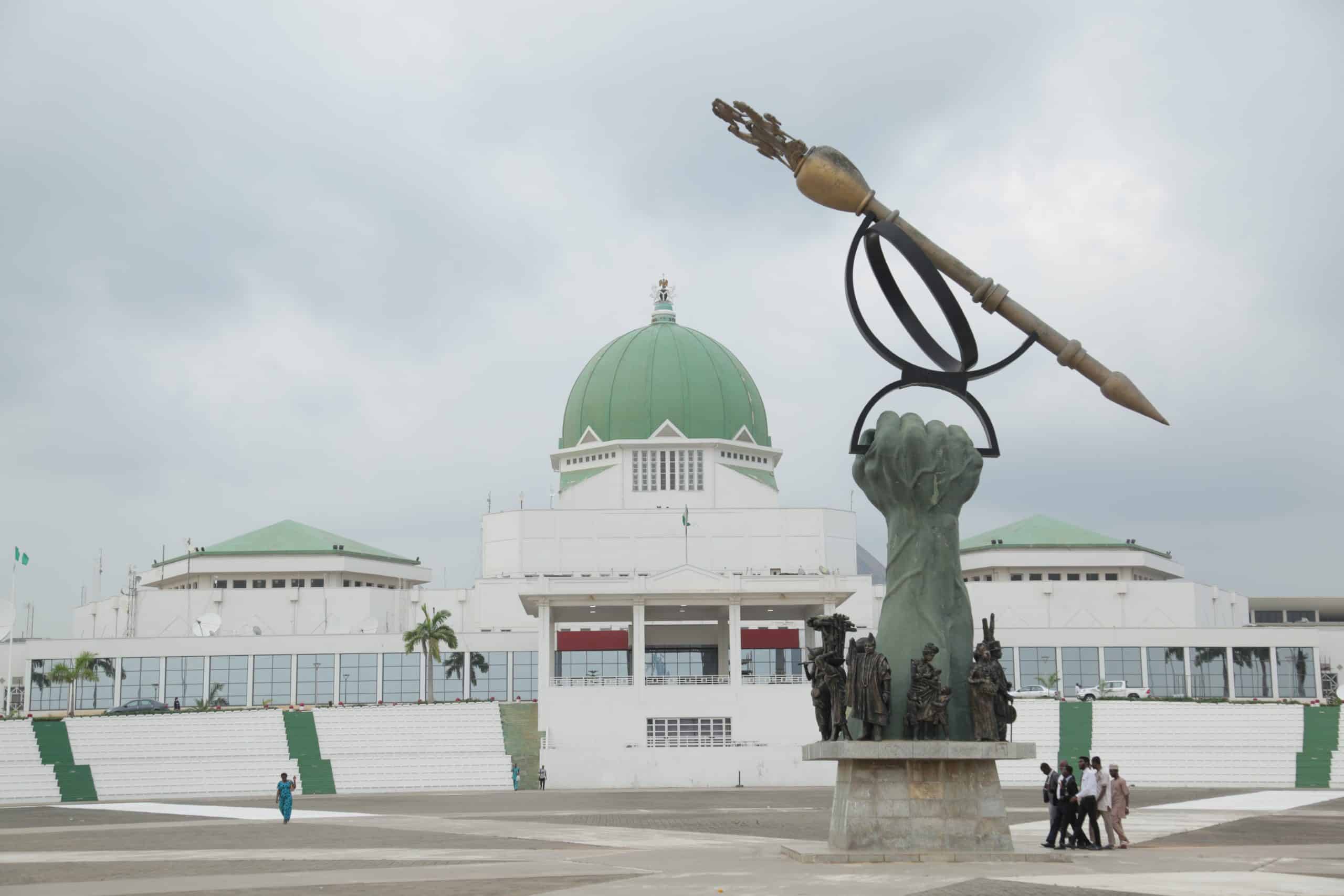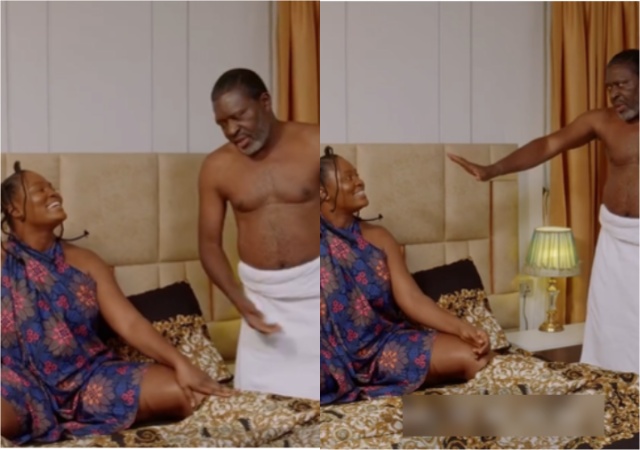Place your adverts here on InfoDig @ low rates; banner ads, sponsored links and guest articles etc. Contact us
Social media personality, Martins Otse, popularly known as VeryDarkMan, has applied to the Lagos State High Court for leave to appeal the ruling delivered on October 14, 2024, by Justice M.O. Dawodu in favour of human rights lawyer Femi Falana (SAN) and his son, Folarin Falana, also known as Falz, in an alleged defamation suit.
Naija News reports that the Falanas had filed a suit demanding a retraction of alleged defamatory statements made against them in a recorded conversation involving popular cross-dresser Idris Okuneye, also known as Bobrisky, regarding financial assistance and legal intervention.
According to documents, Bobrisky allegedly requested legal advice and financial assistance from Falz, asking for ₦3 million to pay correctional centre officials to secure VIP treatment during his detention.
In the ruling on October 14, Justice Dawodu directed VeryDarkMan, his agents, and associates to remove the defamatory video and comments about the Falanas, published on September 24, 2024, from all his social media handles and pages, pending compliance with the court’s pre-action protocol.
The court also restrained him from further releasing, publishing, or circulating any defamatory videos or comments about the Falanas.
However, VeryDarkMan, in two separate motions on notice obtained by Naija News on Monday, marked ID/8584/GCM/2024 (between him and Falz) and ID/8586/GCM/2024 (where Femi Falana is the sole respondent), sought an order from the court to extend the time to seek leave to appeal the court’s ruling.
In the motion, based on seven grounds and dated October 18, VeryDarkMan argued that “the court order was based solely on the respondent’s affidavit.”
Being an interlocutory order, the court’s permission to exercise his constitutional right to appeal is required.
He contended that while “it is at the court’s discretion to grant or refuse leave to appeal, such discretion should be exercised judicially and judiciously.”
He added that a refusal by the court would amount to a miscarriage of justice, as the case involves significant legal questions that merit further review
He stated, “A refusal to grant leave may result in the enforcement of a decision that does not reflect a correct application of the law, leading to outcomes that may be detrimental not only to the parties involved but also to the administration of justice as a whole.
“The appellate court’s role in clarifying and, where necessary, correcting trial court decisions is vital in maintaining the integrity of the judicial system.“














